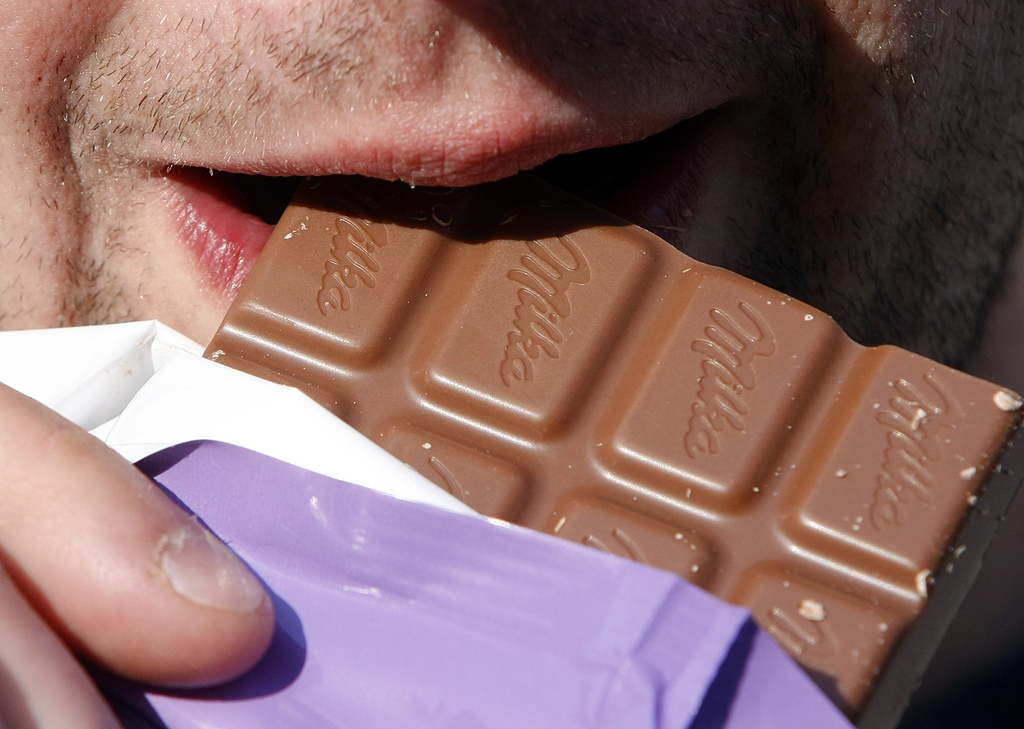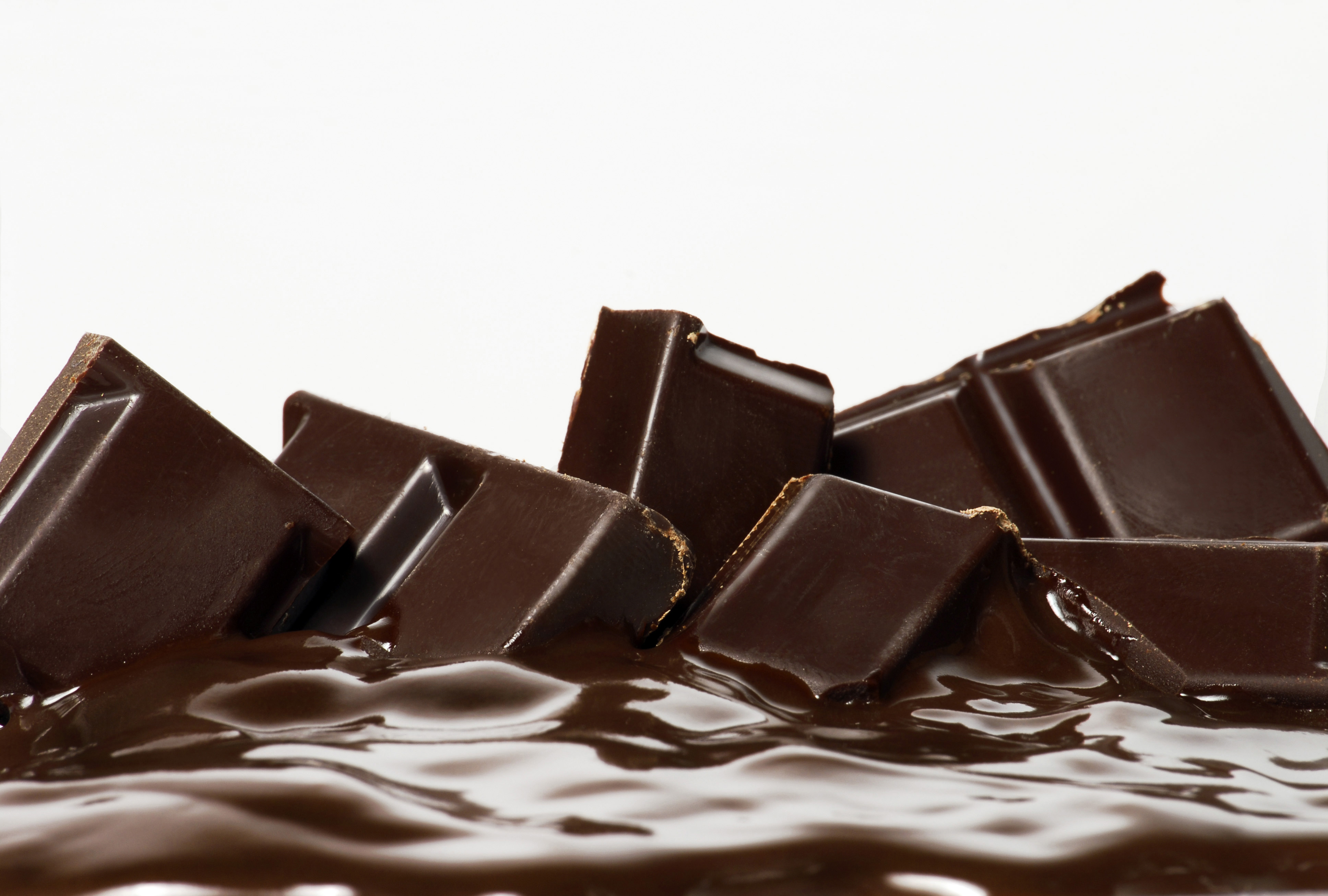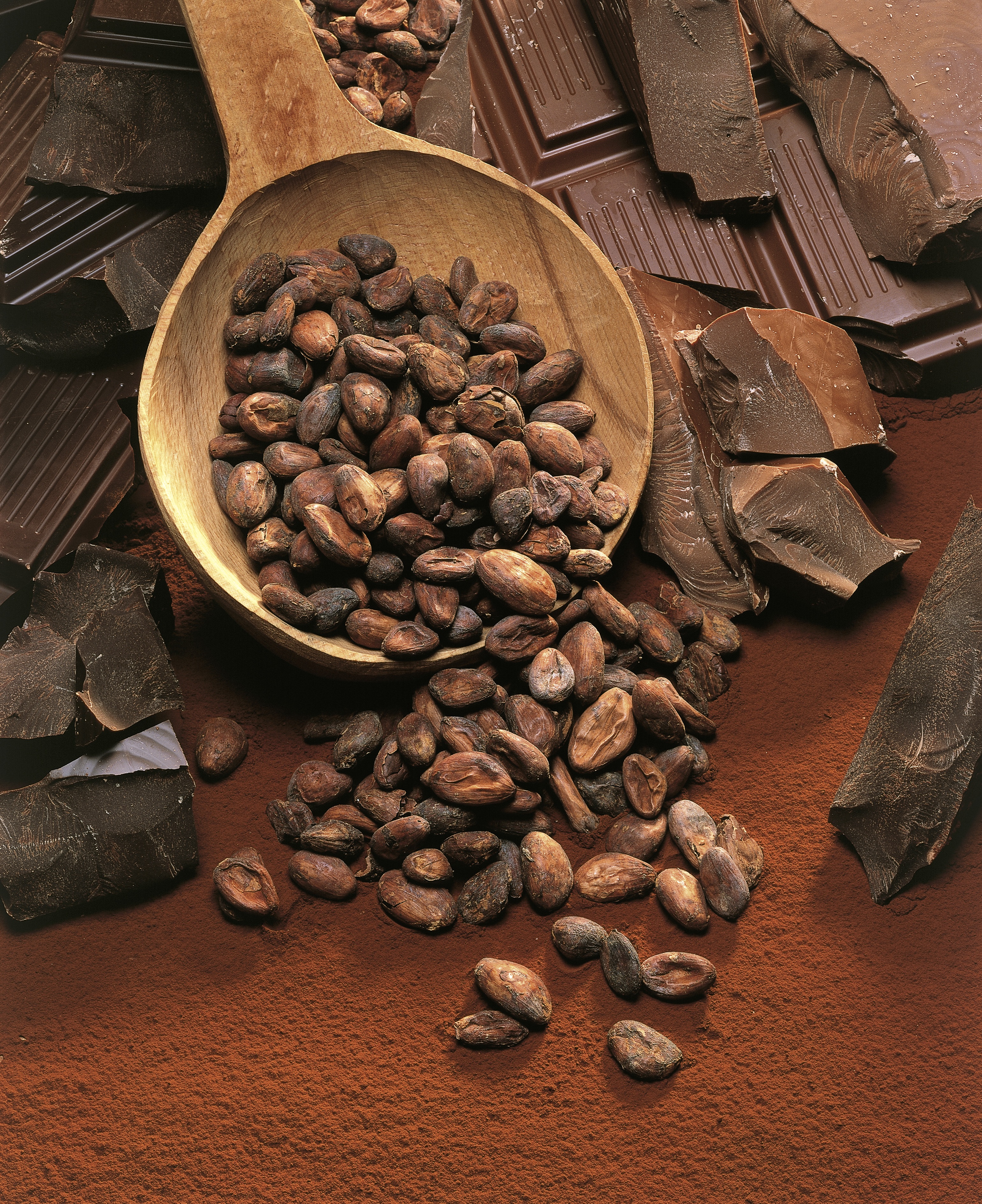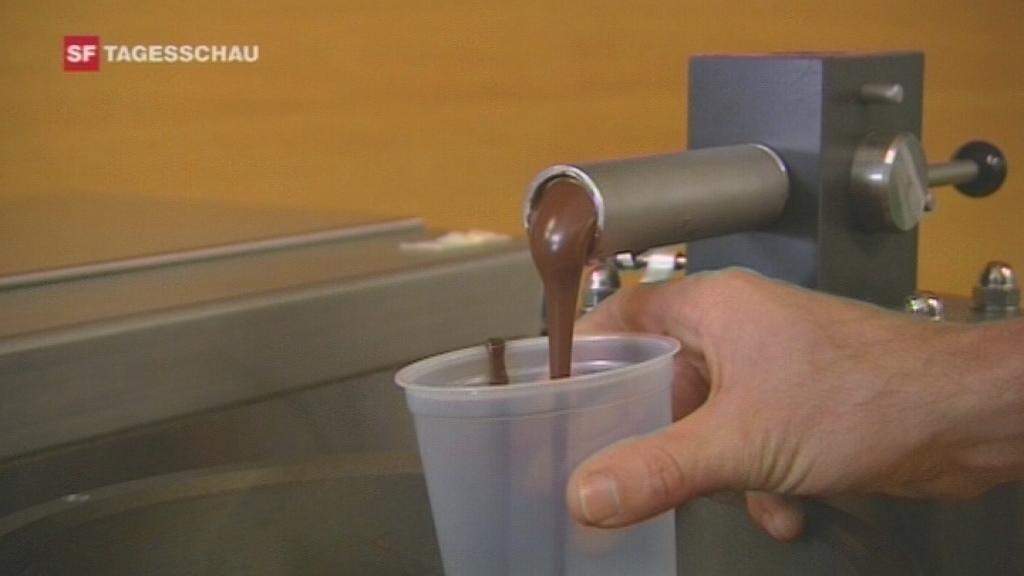Does chocolate help you win a Nobel prize?

A humorous but scientifically sound column published in the renowned New England Journal of Medicine suggests that chocolate consumption and Nobel prize winners go hand in hand.
Franz Messerli, a Swiss physician who is now the director of the hypertension programme at St Luke’s-Roosevelt Hospital and Columbia University in New York, shows that there is a correlation between the level of chocolate consumption in a country and the number of Nobel laureates per capita.
However, Messerli notes in the study that the link between chocolate and Nobel prizes does not prove causation between the two observations. Researchers have in the past tried to illustrate the sometimes absurd results of confusing correlation and causation. For example, they showed a correlation between stork populations and human birth rates across Europe.
Still, eating chocolate has been shown to improve one’s ability to think because chocolate contains a group of antioxidants known as flavonoids, which are also found in cocoa, green tea, red wine and some fruits. Studies have suggested that flavonoids may improve thinking and reduce the risk of dementia by increasing the blood flow to the brain.
“Since chocolate consumption has been documented to improve cognitive function, it seems most likely that in a dose-dependent way, chocolate intake provides the abundant fertile ground needed for the sprouting of Nobel laureates,” Messerli wrote in the journal.
The researchers ranked a list of 22 countries in terms of Nobel prize winners per capita and compared it to information on annual per capita chocolate consumption. The results showed a “surprisingly powerful correlation” between the amount of chocolate consumed in each country and the number of Nobel laureates it produced, Messerli wrote.
Switzerland was the top performer, both in terms of the number of Nobel laureates and chocolate consumption, closely followed by the Swedes and the Danes.
Messerli estimates that every citizen would have to eat 400 grams of chocolate a year to increase the number of Nobel laureates in a given country by one per million inhabitants, if the correlation holds true. For the US, that would amount to 125 million kilograms per person per year.
Sweden was an atypical case, Messerli wrote. Based on its chocolate consumption, he would have predicted about 14 Nobel laureates for the Nordic country, but in reality it has 32. The Swiss doctor, who reports regular consumption of dark chocolate himself, humorously attributed the Swedish anomaly to either the Nobel committee’s patriotic bias or the Swedes’ sensitivity to chocolate.

In compliance with the JTI standards
More: SWI swissinfo.ch certified by the Journalism Trust Initiative




You can find an overview of ongoing debates with our journalists here. Please join us!
If you want to start a conversation about a topic raised in this article or want to report factual errors, email us at english@swissinfo.ch.